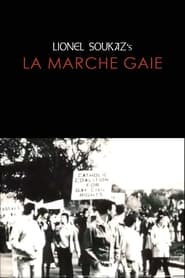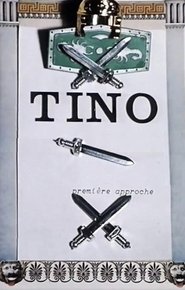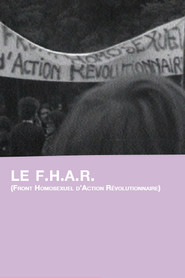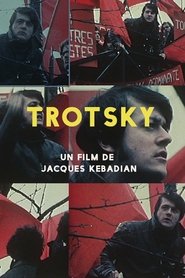Guy Hocquenghem
Guy Hocquenghem (10 December 1946 – 28 August 1988) was a French writer, philosopher, and queer theorist. Hocquenghem was born in the suburbs of Paris and was educated at the Lycée Lakanal in Sceaux and the Ecole Normale Supérieure in Paris. At the age of fifteen he began an affair with his high school philosophy teacher, René Scherer. They remained lifelong friends. His participation in the May 1968 student rebellion in France formed his allegiance to the Communist Party, which later expelled him because of his homosexuality. Hocquenghem taught philosophy at the University of Vincennes-Saint Denis, Paris and wrote numerous novels and works of theory. He was the staff writer for the French publication Libération. Hocquenghem was a prominent member of the Front homosexuel d'action révolutionnaire (FHAR), originally formed by lesbian and feminist activists who split from the Mouvement Homophile de France in 1971. With filmmaker Lionel Soukaz (b. 1953), Hocquenghem wrote and produced a documentary film about gay history, Race d'Ep! (1979) the last word of the title being a play on the word pédé, a French slur for gay men. Though Hocquenghem had a significant impact on leftist thinking in France, his reputation has failed to grow to international prominence. Only two of his theoretical tracts, Homosexual Desire (1972) and L'Après-Mai des faunes (1974), and his first novel, L'Amour en relief (1982) have been translated into English. Although Race d'Ep! was shown at the Roxie Cinema in San Francisco in April 1980 and released in America as The Homosexual Century, like Hocquenghem, the film is virtually unknown. Hocquenghem's Homosexual Desire (1972, English translation 1978) may be the first work of Queer Theory. Drawing on the theories of desiring-production developed by Gilles Deleuze and Félix Guattari in their Capitalism and Schizophrenia project (1972–1980), Hocquenghem critiqued the influential models of the psyche and sexual desire derived from the psychoanalysts Jacques Lacan and Sigmund Freud. The author also addressed the relation of capitalism to sexualities, the dynamics of desire, and the political effects of gay group-identities. Moreover, he repudiated the prospect of a new gay 'social organisation' of politics, along with the injunction to sacrifice oneself in the name of future generations. The sociologist Jeffrey Weeks's 1978 preface to the first English translation of Homosexual Desire situates the essay in relation to the various, mostly French, theories of subjectivity and desire surrounding and influencing Hocquenghem's thought. It was republished in French in 2000. ... Source: Article "Guy Hocquenghem" from Wikipedia in English, licensed under CC-BY-SA 3.0.
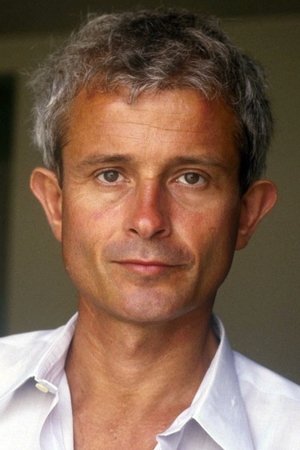
La marche gaie
as SelfA short documentary about the October 14 1979 March For Lesbian And Gay Rights in Washington D.C.
Movie pageTino
as uncreditedA contemporary scenario, in which American journalist Doug Ireland visits Europe and meets an...
Movie pageF.H.A.R.
as SelfDemonstration by FHAR, the Homosexual Revolutionary Action Front, the 1st of May 1971. People...
Movie pageTrotsky
as uncreditedStory of the life of an extraordinary man, who with Lenin, was the symbol of the Revolution of 1917.
Movie pageApostrophes
as SelfApostrophes was a live, weekly, literary, prime-time, talk show on French television created and...
TV Show page